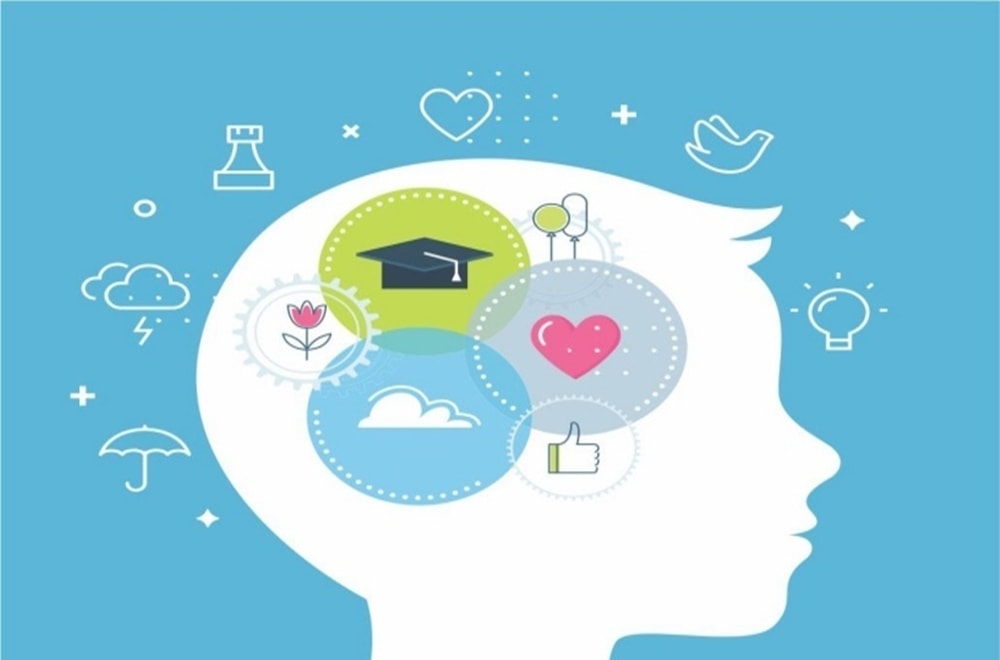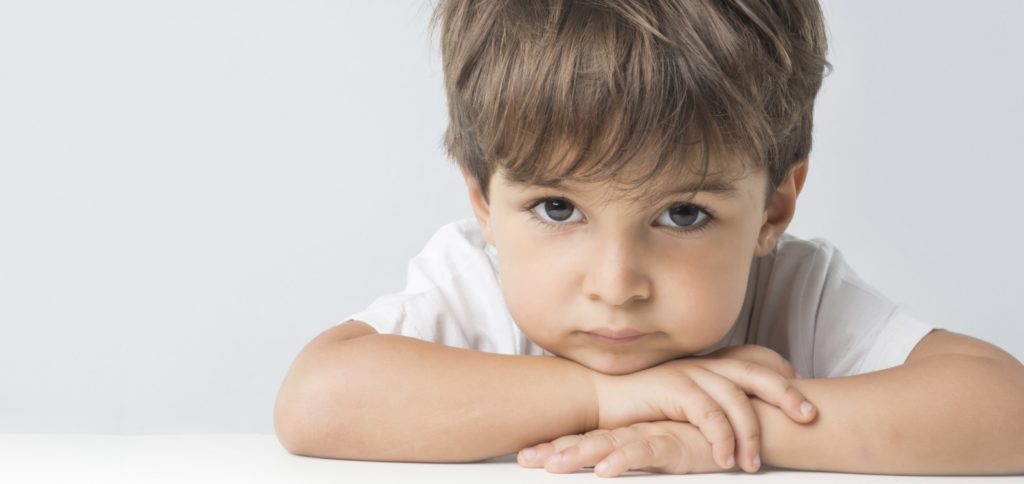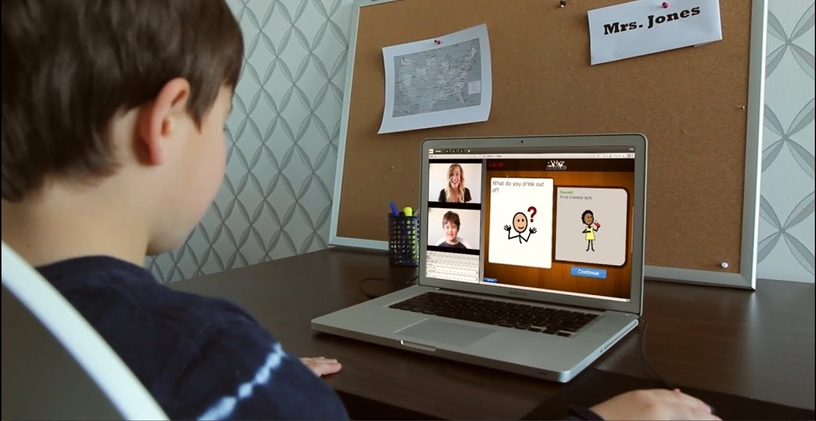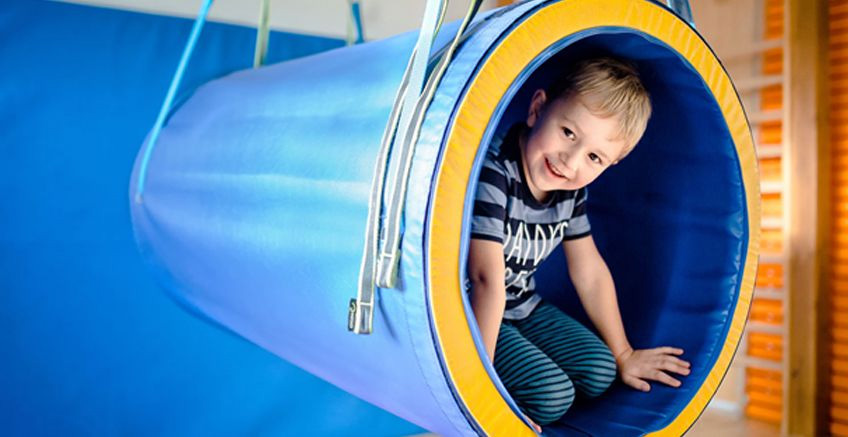Self-Control in Children 1-6 Years Old: How To Develop It!

Self-regulation is important for development. For example, it helps children with learning and social skills. Self-regulation develops most in the toddler and pre-schooler years. It continues to develop into adulthood. Help your child develop self-regulation through talking about feelings and role-modelling.
What is Self-regulation?
Self-regulation is the ability to understand and manage your behaviour and your reactions to feelings and things happening around you.
It includes being able to:
- Regulate reactions to emotions like frustration or excitement
- Calm down after something exciting or upsetting
- Focus on a task
- Refocus attention on a new task
- Control impulses
- Learn behaviour that helps you get along with other people.
Why Self-regulation Is Important?
As your child grows, self-regulation will help her:
- Learn at school: Because self-regulation gives your child the ability to sit and listen in the classroom
- Behave in socially acceptable ways: Because self-regulation gives your child the ability to control impulses
- Make friends: Because self-regulation gives your child the ability to take turns in games, share toys and express emotions in appropriate ways
- Become more independent: Because self-regulation gives your child the ability to make good decisions about her behaviour and learn how to behave in new situations with less guidance from you
- Manage stress: Because self-regulation helps your child learn that she can cope with strong feelings and gives her the ability to calm herself down after getting angry.
How and When Self-regulation Develops?
Children develop self-regulation through warm and responsive relationships. They also develop it by watching the adults around them.
Self-regulation starts when children are babies. It develops most in the toddler and preschool years, but it also keeps developing right into adulthood.
For example, babies might suck their fingers for comfort or look away from their caregivers if they need a break from attention or are getting tired.
Toddlers can wait short times for food and toys. But toddlers might still snatch toys from other children if it’s something they really want. And tantrums happen when toddlers struggle with regulating strong emotions.
Preschoolers are starting to know how to play with other children and understand what’s expected of them. For example, a preschooler might try to speak in a soft voice if you’re at the movies.
School-age children are getting better at controlling their own wants and needs, imagining others people’s perspectives and seeing both sides of a situation. This means, for example, that they might be able to disagree with other children without having an argument.
Problems With Self-regulation
From time to time, different things can affect your child’s ability to self-regulate. For example, tiredness, illness and changes to your child’s routine can all affect her ability to regulate her reactions and behaviour. Also, some children have great self-regulation at child care or school but find it hard at home. Other children struggle in busy, noisy places like shopping centres.
Although these problems with self-regulation are pretty normal, it’s a good idea to speak with a professional if you’re worried about your child’s behaviour or you’re having trouble managing his behaviour as he gets older. For example, you could talk to your GP, your child and family health nurse, or your child’s child care educator or teacher.
Consider seeking professional help if your child:
- Seems to have more tantrums or difficult behaviour than other children of the same age
- Is behaving in difficult or out-of-control ways more often as she gets older
- Is behaving in ways that are dangerous for herself or others
- Is difficult to discipline and your strategies for managing her behaviour don’t seem to be working
- Is very withdrawn and has a lot of trouble interacting with others
- Doesn’t seem to have as many communication and social skills as other children of the same age.
Helping Your Child Learn Self-regulation
The best way to help your child learn to self-regulate is to provide support when he needs it. Here are some ways you can do this:
- Talk about emotions with your child. For example, ‘Did you throw your toy because you were frustrated that it wasn’t working? What else could you have done?’
- When your child struggles with a strong feeling, encourage her to name the feeling and what caused it. Wait until the emotion has passed if that’s easier.
- Help your child find appropriate ways to react to strong emotions. For example, teach your child to take a break or get adult help when he feels overwhelmed. Say things like ‘Let’s relax’ and ‘I can help you if you like’.
Remember to be patient. It can be very hard for young children to cope when they have strong feelings.
There are also some behaviour strategies you can use to help your child with self-regulation:
- Plan for challenging situations where it might be hard for your child to behave well. For example, ‘The shop we’re going to has lots of things that can break. It’s OK to look, but please don’t touch’. Give your child a gentle reminder as you enter the shop. For example, ‘Remember – just looking, OK?’
- Praise your child when she shows self-regulation and manages a tricky situation. For example, ‘You were great at waiting for your turn’, or ‘I liked the way that you shared with Sam when he asked’.
- Try to model self-regulation for your child. For example, show your child how you can do a frustrating task without getting upset. You could say something like, ‘Wow that was hard. I’m glad I didn’t get angry because I mightn’t have been able to do it’.
References
This article was written by the Australian Parenting Website. You can read the original version here.







